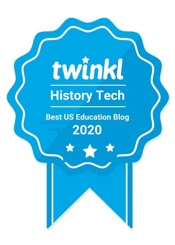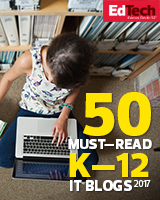Not sure how to face your class after the election? Teaching controversial topics with three simple tools
One way or the other, things will probably get a bit more . . . hmm, interactive in your classrooms over the next few weeks. As final results from today’s election trickle in this week and mail-in ballots are counted, you will most likely have some students who will question the results. Making class discussions difficult and uncomfortable.
But that sort of learning can be difficult. I get that. Throw the pandemic into the mix and I can’t think of a tougher time to be a classroom teacher. And you’re not alone in being concerned about taking on controversial topics.
Education Week survey data gathered back in 2017 suggested that many teachers find it difficult to talk about race, politics, and other controversial topics. Almost 30 percent expressly avoid it completely. Part of the problem is that many of us – 44 percent – don’t feel prepared to lead conversations that will probably get emotional.
So should you even try? And if you do decide to take on that challenge, what’s the best way to deal with those conversations?
Answer to the first question? Read more





















